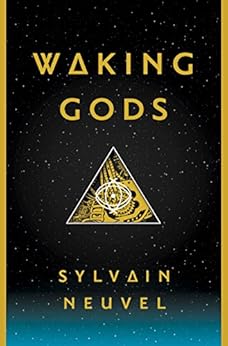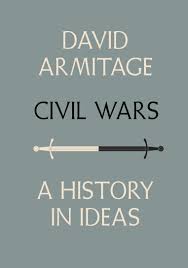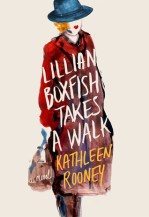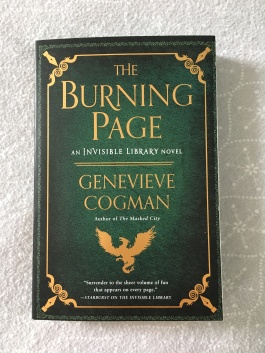*I received a copy of this book from the publisher for review. The thing is, like so many other books this year, I didn’t get to it before the release date, so the galley didn’t really help me out. But I still want to shout out publishers for sharing – it’s not their fault I can’t get my act together!
 Waking Gods is the second book in the Themis Files series. I will not be including any spoilers for this book, but there might be some slight spoilers from Sleeping Giants. If you haven’t come across this series before, or are waiting for it to be complete before diving in, fair warning. But also, if you haven’t started the series yet, WHYYYY.
Waking Gods is the second book in the Themis Files series. I will not be including any spoilers for this book, but there might be some slight spoilers from Sleeping Giants. If you haven’t come across this series before, or are waiting for it to be complete before diving in, fair warning. But also, if you haven’t started the series yet, WHYYYY.
I sort of want to caps lock this review because I feel like I’m shouting about how great the series is every time I talk to anyone about it. Waking Gods continues the story of how humans might cope were we to find a massive robot built by an alien race buried in the Earth. (Spoiler: not super well.) Our cast of characters is back and face a new challenge when new robots arrive on the planet and don’t seem to want to move unless we try to attack, in which case they annihilate us. The mystery of why they’re here, who created them, and what might come next deepens, and the more we learn, the more questions that need to be answered.
The thing I really enjoy about the series is that we get multiple narrators helping to tell the story through a series of saved files, so we’re able to jump perspective, time, and format with relative ease and it doesn’t end up being confusing. I’ve listened to both books now on audio, and I really recommend it. There is a whole cast reading for the various characters, and it really lends a cinematic quality to the reading experience. I found myself looking for any excuse to turn the audiobook back on, which is what I really look for in a listening experience.
I’d describe the book as being a true science fiction story, written for literary fiction readers. The story has some great sci-fi elements and pulls those off really well, but the real hook is the character develop and the human reaction to the unknown. We action is taking place on Earth, and we don’t get any more information about the alien race than what the humans are able to figure out.
It makes this an easy book to recommend to all sorts of readers, and so I recommend it to you.
 I feel like I can’t really start this review until I come clean about my experience reading Neil Gaiman. It’s a story fraught with DNFs and secret shame. And because this intro is going to take a couple of paragraphs and you likely just want to know what I thought, I’ll tell you up here that it was great. Go read it.
I feel like I can’t really start this review until I come clean about my experience reading Neil Gaiman. It’s a story fraught with DNFs and secret shame. And because this intro is going to take a couple of paragraphs and you likely just want to know what I thought, I’ll tell you up here that it was great. Go read it. This book is different from what I usually review. I want to give fair warning to anyone reading this that Civil Wars is very much an academic text. I don’t say this to make it sound dry or boring, because it was neither of those things, but I know that this won’t appeal to everyone. I love footnotes and new ideas presented to me as an essay or thesis, so if you feel the same, read on fellow nerd, read on.
This book is different from what I usually review. I want to give fair warning to anyone reading this that Civil Wars is very much an academic text. I don’t say this to make it sound dry or boring, because it was neither of those things, but I know that this won’t appeal to everyone. I love footnotes and new ideas presented to me as an essay or thesis, so if you feel the same, read on fellow nerd, read on. On New Year’s Eve 1984, Lillian Boxfish takes a walk. It’s a simple premise that serves the narrative well. What follows is the story of a life fully lived, told in roughly chronological flashbacks as Lillian moves through the neighbourhoods of her past.
On New Year’s Eve 1984, Lillian Boxfish takes a walk. It’s a simple premise that serves the narrative well. What follows is the story of a life fully lived, told in roughly chronological flashbacks as Lillian moves through the neighbourhoods of her past.
